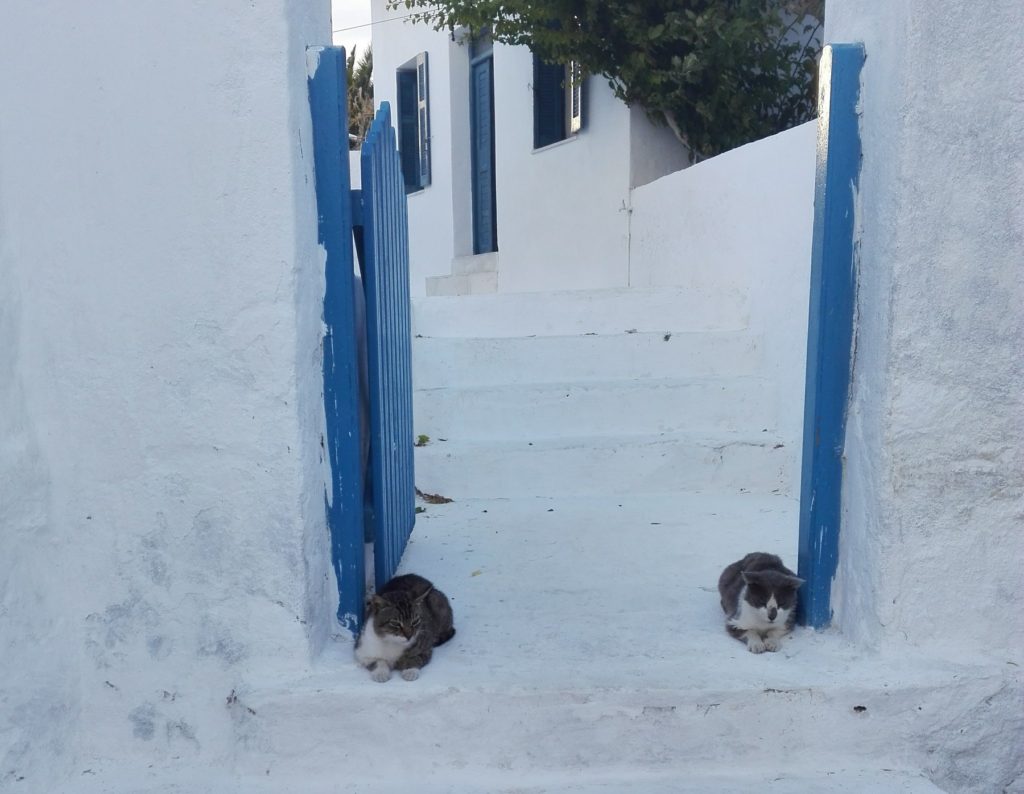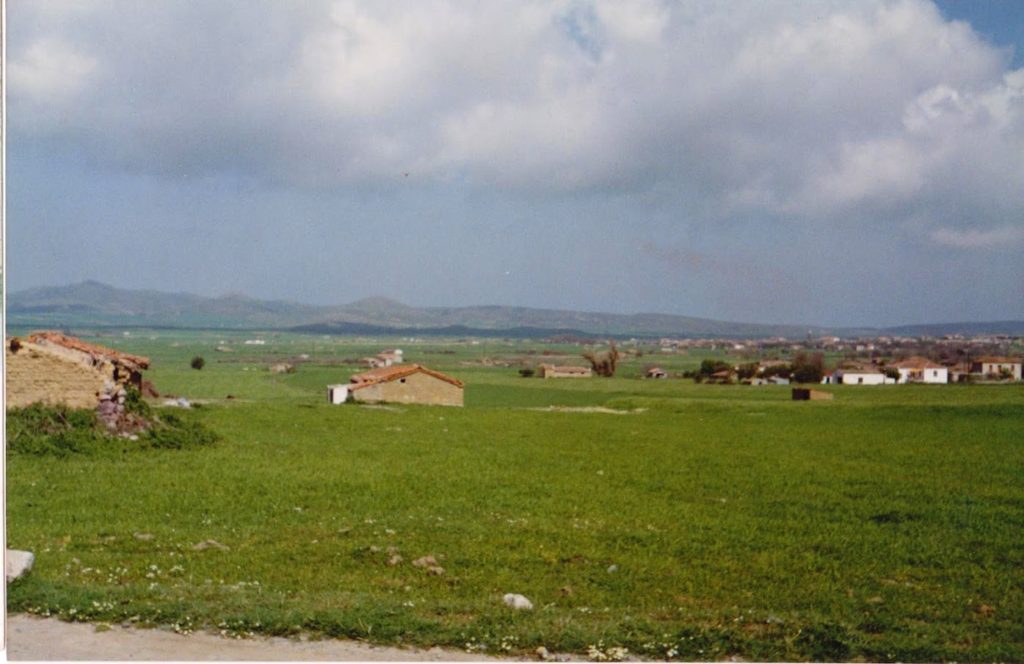The original title of Alberto Moravia’s novel is La Noia, which means “Boredom”. For some unfathomable reason, there are many English translations referring to the book as The Empty Canvas. In this review of Boredom, self-evidently, I stick to the more direct translation of the title.
Alberto Moravia was an Italian author who produced plenty of interesting texts in the decades right after World War II. He did write (and publish) earlier, too, but his most intriguing texts came after the war. Boredom is certainly one of them.
If I had to pick just one word to describe it, it would be… No, not “boredom”. In Moravia’s novel, as his protagonist explicitly clarifies, boredom isn’t what you think it is. Perhaps the word I’d pick, the one arguably coming closer to the protagonist’s predicament, is absurdity.


